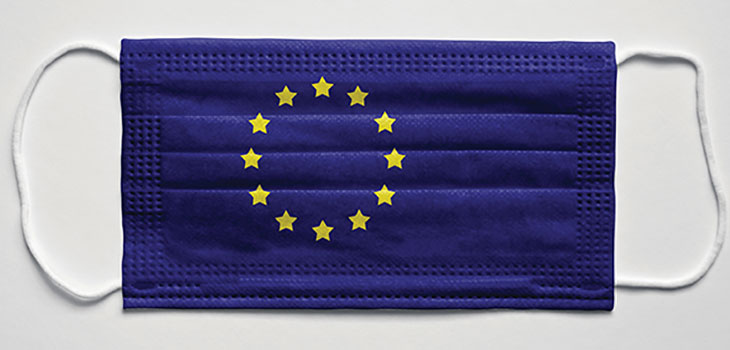
In brief
- Background to the EAW.
- The transition period.
- What happens following the transition period?
- The UK’s options.
- Recent developments.
As the world continues to grapple with one of the worst global pandemics in modern history, the UK government’s progress on Brexit has slipped from the headlines. Following the latest round of negotiations between the UK and EU at the end of July, the UK’s Chief Negotiator with the EU, David Frost, released a statement stating that it is ‘unfortunately clear that [the UK and EU] will not reach in July the early understanding on the principles underlying any agreement’. The next round of negotiations begin on 17 August. Undoubtedly, high up on the list of matters being discussed is the European Arrest Warrant (EAW); specifically, the UK’s anticipated withdrawal from the EAW and what fills the lacuna left behind by such a withdrawal.









